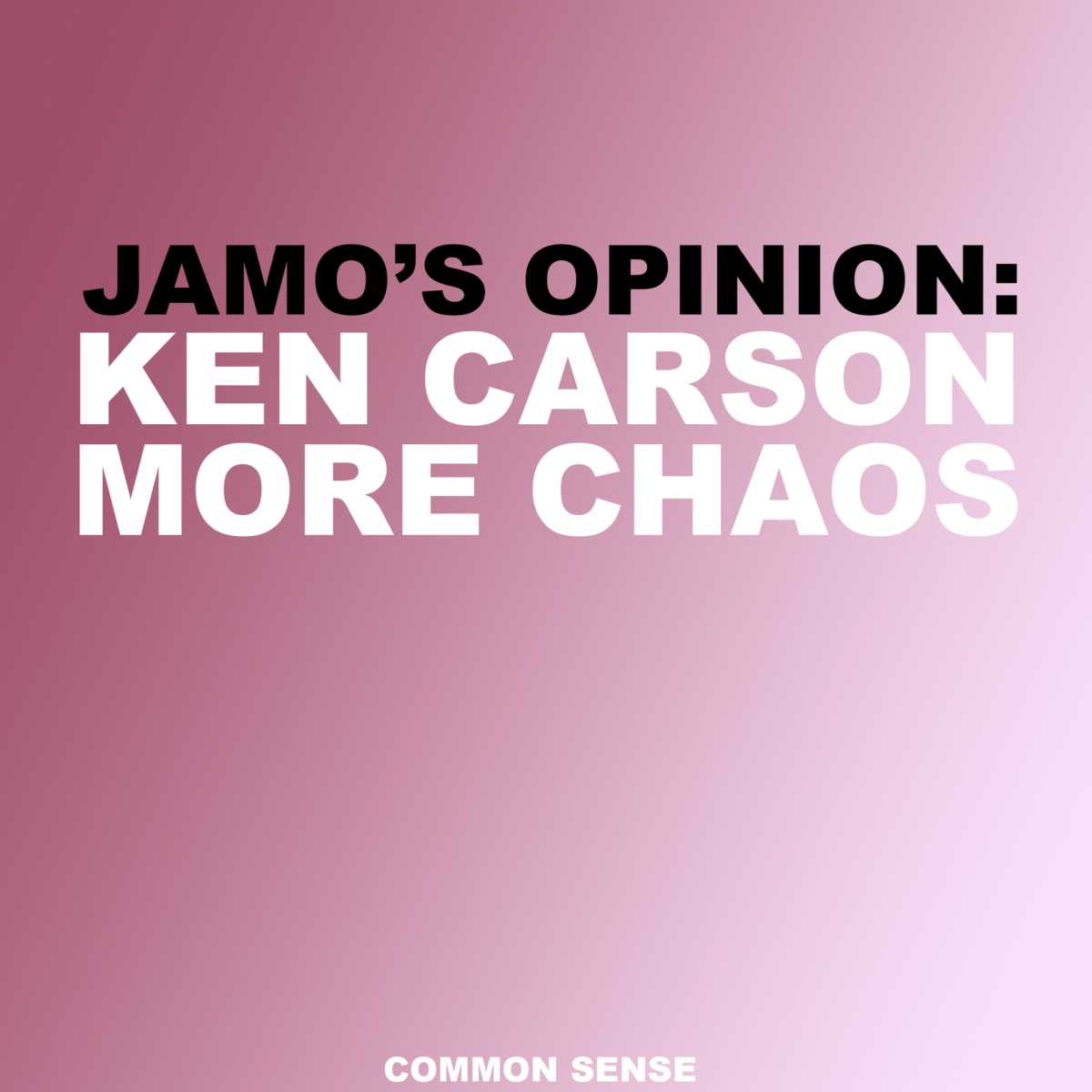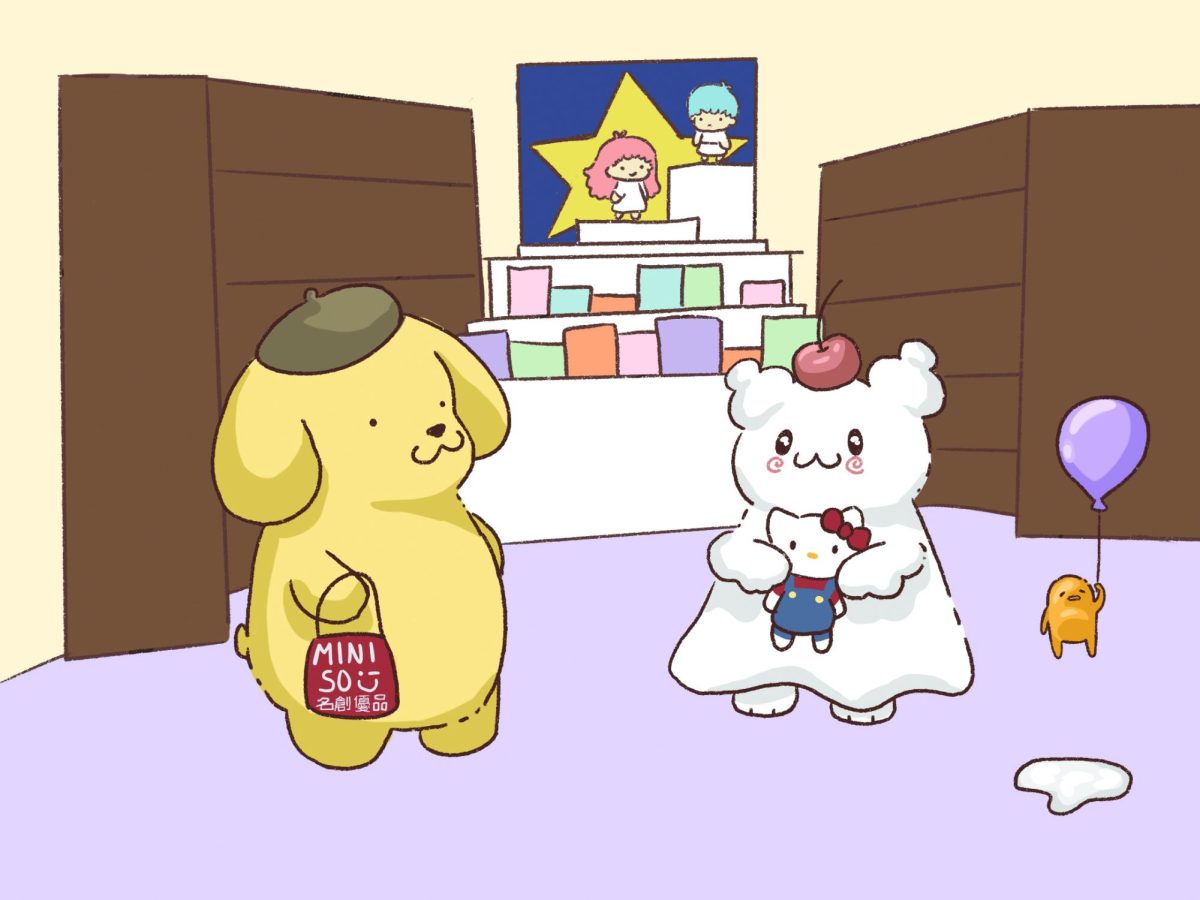
Today, accessing all kinds of music is easy: just open an app like Spotify or iTunes, find what song you want to listen to, and press play. Since the advent of convenient audio streaming services, digital has been the go-to medium for teens to get a fix of their favorite tunes. In recent years, however, there’s been an amazing resurgence for the long-neglected physical media format of vinyl among the young adult population, and teens across the nation have started to collect records en-masse – so much so that, according to leading music data tracking firm Luminate, 2023 was the format’s biggest selling year in three decades.
You may have noticed the analog format sections in most large department chains (Walmart, Target) and book stores (Barnes & Noble, Half Price Books). The Old Market District has a thriving record store industry, with downtown outlets like Homer’s, Vinyl Cup, and Grapefruit Records featuring a stunning array of new and used recent releases, generational favorites, and crate diver’s deep-cuts. The same variety can be found among online carriers like Amazon and Discogs.
Vinyl is everywhere – so why are teens collecting them, and why now? Avid vinyl collectors like seniors Jack Carlson and Evan Snell will tell you there’s plenty of reasons.
For some, it’s a simple matter of expression and collection. “I just think that it’s cool to have physical versions of my favorite albums,” said Snell.
There’s also an enhanced listening experience that’s unique to vinyl. In a way, digital streaming, with its ease of use and on-the-go accessibility, commodifies music and trivializes the listening process down to no process at all. In Carlson’s words: “With digital music you are much more incentivized to skip around songs, and that can often impede the overall vision set out by the artist.” Vinyl, on the other hand, turns listening into an activity on its own, requiring attention and care. Records have to be sleeved and unsleeved, flipped, and needle-dropped; they can’t be left unattended, lest they get scratched or warped.
“The actual process of putting on a record is cathartic, and I feel as though I appreciate the music more when I set out time to sit down and focus on listening to an album straight through,” Carlson summarized.
The regression to analog media technology also comes from a place of great concern. Just like with movies and TV, music properties are constantly shifting between streaming services. Your preferred application could lose the license to your favorite albums, leaving you with seemingly no way to listen to them. “Contracts and agreements between record labels and streaming services are inconsistent,” Carlson said, raising his concern.
With physical formats, record collectors have physical backups of all their music. “Once you own a vinyl, you own that music for life,” stated Carlson. Snell agreed, going so far as to say that “owning physical copies of music is kind of the only way to actually own music now.” In an age of fast, easy, and low cost digital audio streaming, vinyl will always have a place simply due to the fact that once the music’s yours, it’s really yours.
Other, more tangible factors make collecting vinyl appealing. Records are more durable than ever, and LPs are often packaged with special exclusive memorabilia – posters, stickers sheets, extended liner notes with lyrics and production info, and even digital download codes.
The medium’s gradual increase in price as of late can also mean that vinyl makes a good investment. Per Carlson, “Physical media in general holds more value than digital, and can appreciate in value over time.”
The vinyl craze isn’t the only front of young adults’ growing physical media fixation; CDs, cassette tapes, DVDs and Blu-Rays, and even VHS tapes are all coming back into vogue. Even despite the world’s ever-encroaching digitization, teens continue chasing retro aesthetics and more and more people, in a search for their perfect entertainment experience, are trading ease of access for the novelty and personality inherent to physical media.
“I don’t think anybody’s collecting vinyls because they are more convenient, it’s because the music that people listen to is very personal to them, and [collecting vinyls] is a cool way of expressing that,” Snell said.








